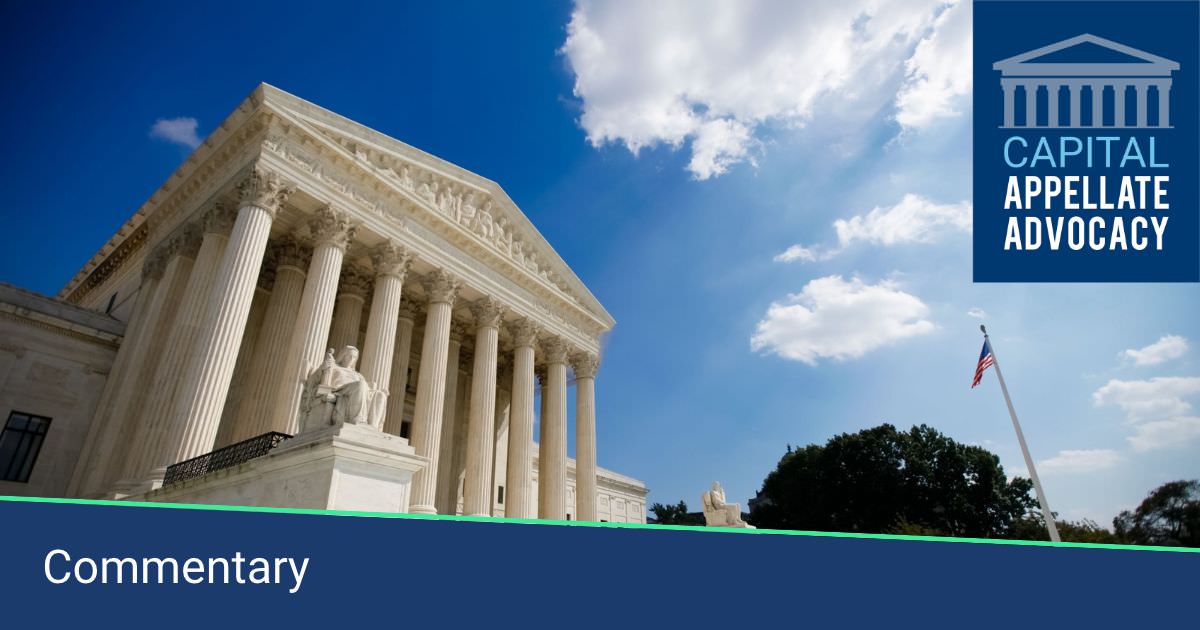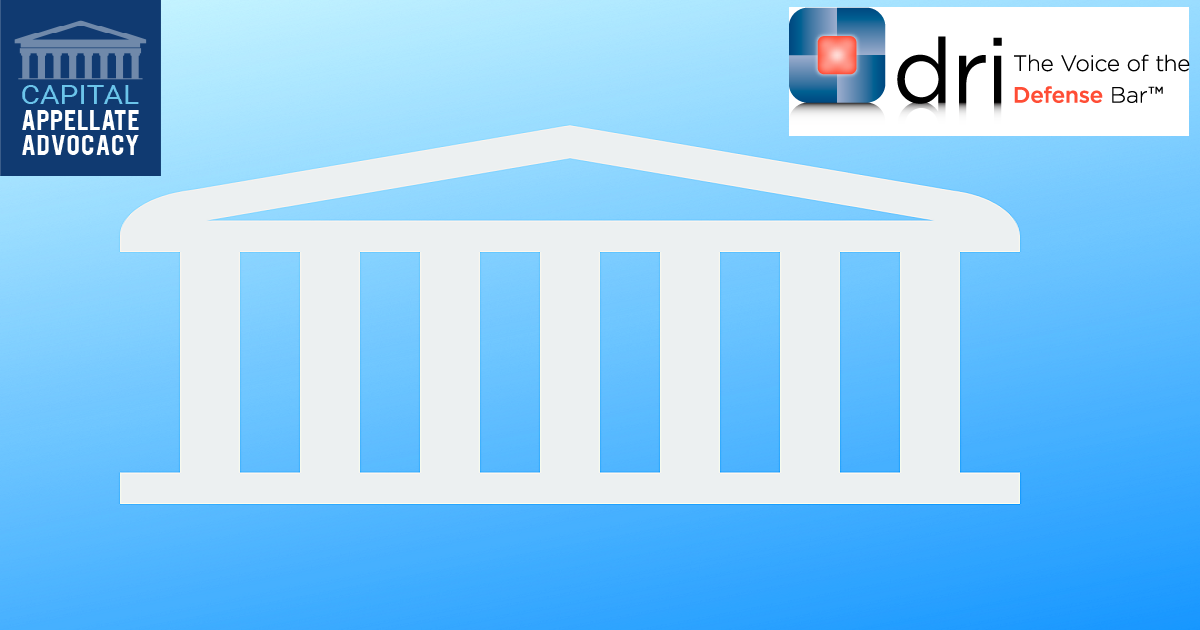Supreme Court Declines To Review D.C. Circuit Drone Strike Case That Implicates Separation of Powers
In Ali Jaber v. United States, No. 16-5093 (D.C. Cir. June 30, 2017), recently retired D.C. Circuit Judge Janice Rogers Brown authored a unanimous panel opinion faithfully applying circuit precedent and the political question doctrine to bar a declaratory judgment suit challenging the wisdom of a U.S. drone strike in Yemen that allegedly resulted in […]



